What Does JICA's AI Cooperation Involve?
Guided by the principle of "human security," JICA has long advanced development cooperation that focuses on the “protection” and “empowerment” of individuals. In the era of AI, JICA continues this human-centered approach by addressing both the opportunities and risks associated with AI, and by promoting inclusive, ethical, and sustainable AI for development.
In many developing countries, public service delivery in sectors such as education, healthcare, and transportation faces challenges such as labor shortages, administrative inefficiencies, and limited data availability. These issues can lead to unequal access and reduced quality of services. While AI has the potential to significantly improve these issues, it also introduces new risks, including digital divides and algorithmic bias. Unlocking AI's benefits therefore requires careful and responsible design.
In response to these challenges, JICA is working to maximize the benefits of AI while addressing associated risks. This includes strengthening the “protection” of individuals by supporting the development of AI strategies that promote sustainable growth and by advancing AI literacy. At the same time, JICA promotes “empowerment” through the social implementation of AI use cases that contribute to improving people’s lives and advancing local industries.
The field of AI builds on JICA’s longstanding strengths: trusted relationships with partner countries through ODA, deep understanding of local institutions, and experience in supporting infrastructure and institutional systems. These strengths position JICA to contribute meaningfully to responsible and impactful AI deployment.
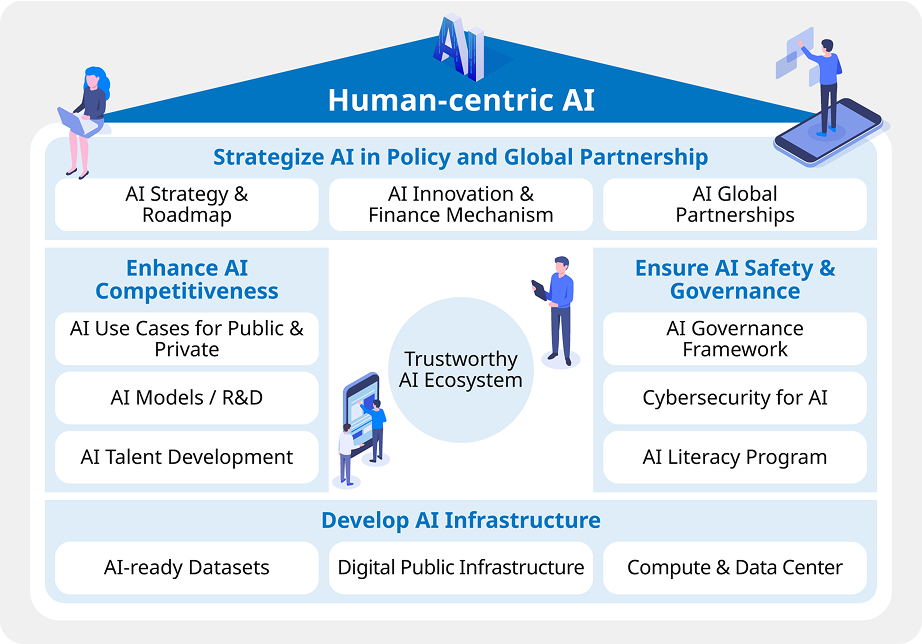
JICA’s Strategic Approach to AI Cooperation
To provide structured and effective support, JICA has developed an AI cooperation strategy that addresses both the potential and risks of AI. Based on this strategic framework and grounded in its work in supporting developing countries, JICA supports the formulation and execution of national AI strategies, participation in global AI partnerships, and enhancement of AI competitiveness through use cases, R&D of AI models, and talent development. It also promotes the development of AI infrastructure, including AI-ready datasets, digital public infrastructure, and data centers, while ensuring AI safety and governance. Importantly, JICA not only connects governments, industry, and academia in partner countries, but also draws on Japan’s domestic expertise and stakeholder networks. It actively collaborates with other donors, international organizations, and regional initiatives such as those in ASEAN and Africa to amplify the impact of its AI support.
Scaling AI Support and Strengthening Global Partnerships
In the area of AI infrastructure, JICA contributed to the design and development of an AI-ready data platform under the Government of India’s national AI strategy, the “IndiaAI Mission.” By coordinating with a range of donors and partner organizations, JICA supported the development of AI Kosh - a unified platform that enables centralized access to thousands of high-quality datasets, AI models, and computing resources.
In partnership with an agricultural insurance provider, JICA is exploring AI-powered crop yield prediction in Ethiopia to make agriculture more efficient and data-driven.
In Egypt, JICA is working with the government and academic institutions to implement AI use cases in the energy and healthcare sectors.
JICA also supports AI capability building. In Kenya, in partnership with the University of Tokyo, Kyoto University, and others, JICA supported the curriculum development for a newly established AI School at the University of Nairobi.
Through these initiatives, JICA is deepening its collaboration with a broad network of donors and international partners to promote inclusive and responsible AI ecosystems.






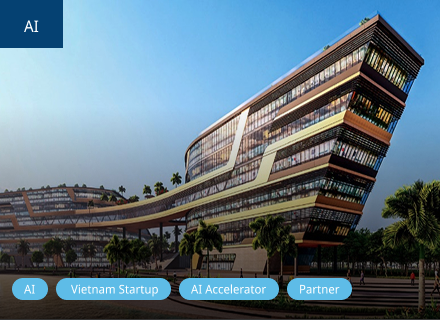
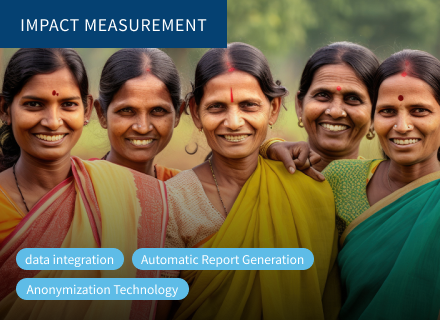
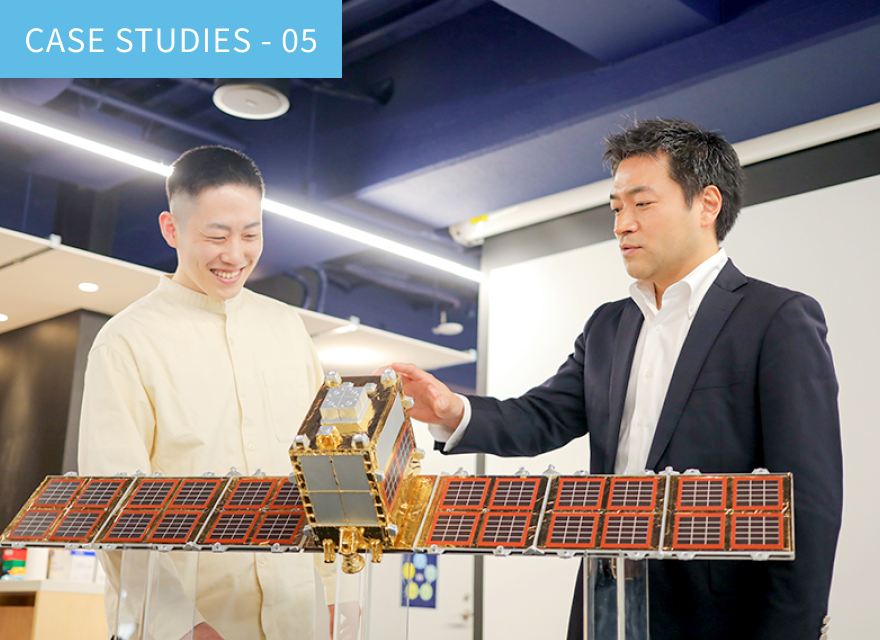

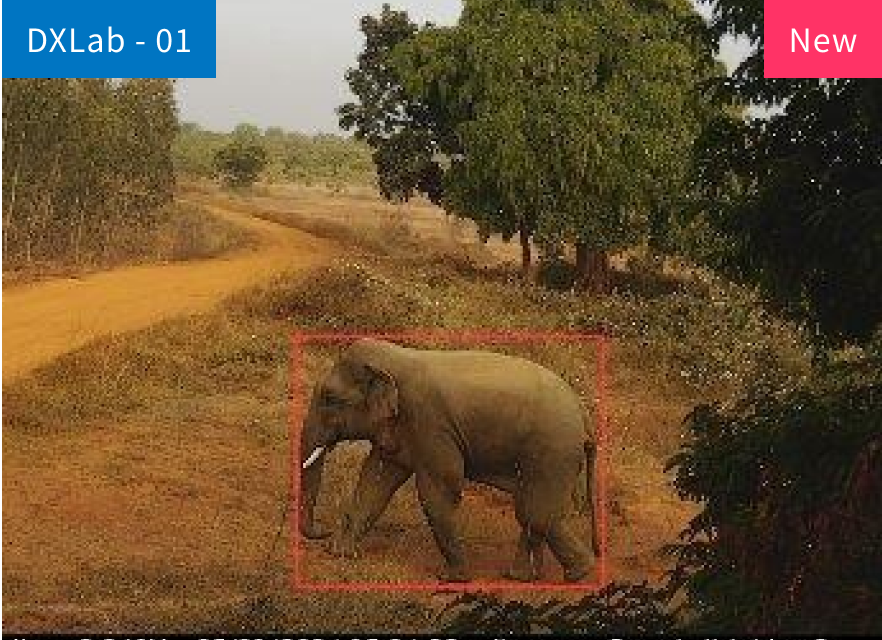
scroll